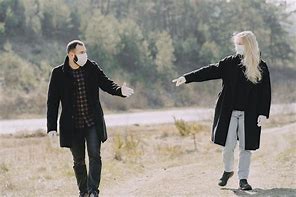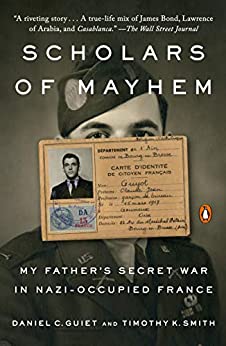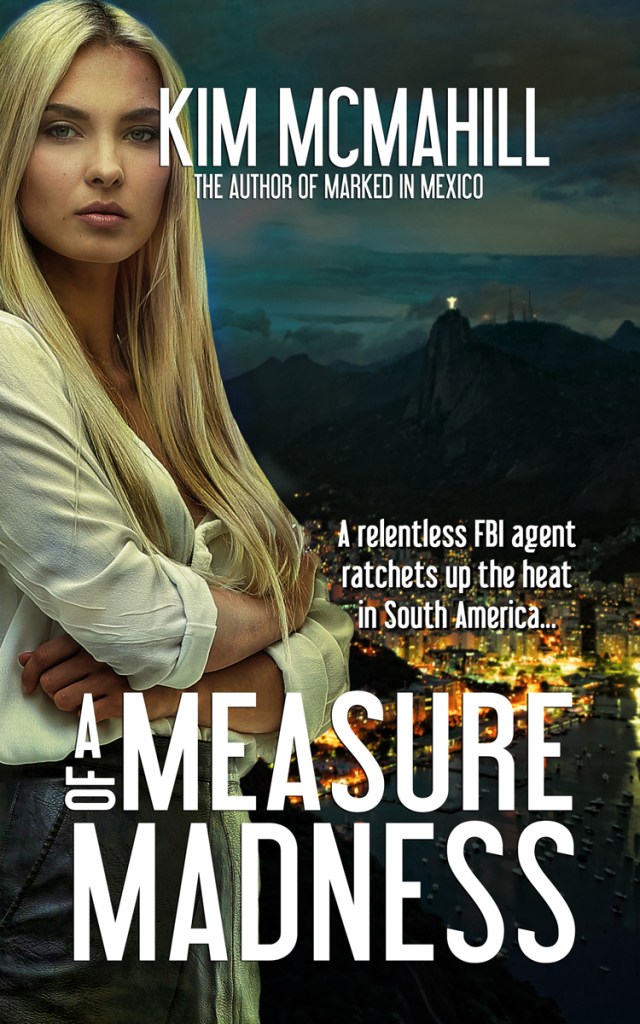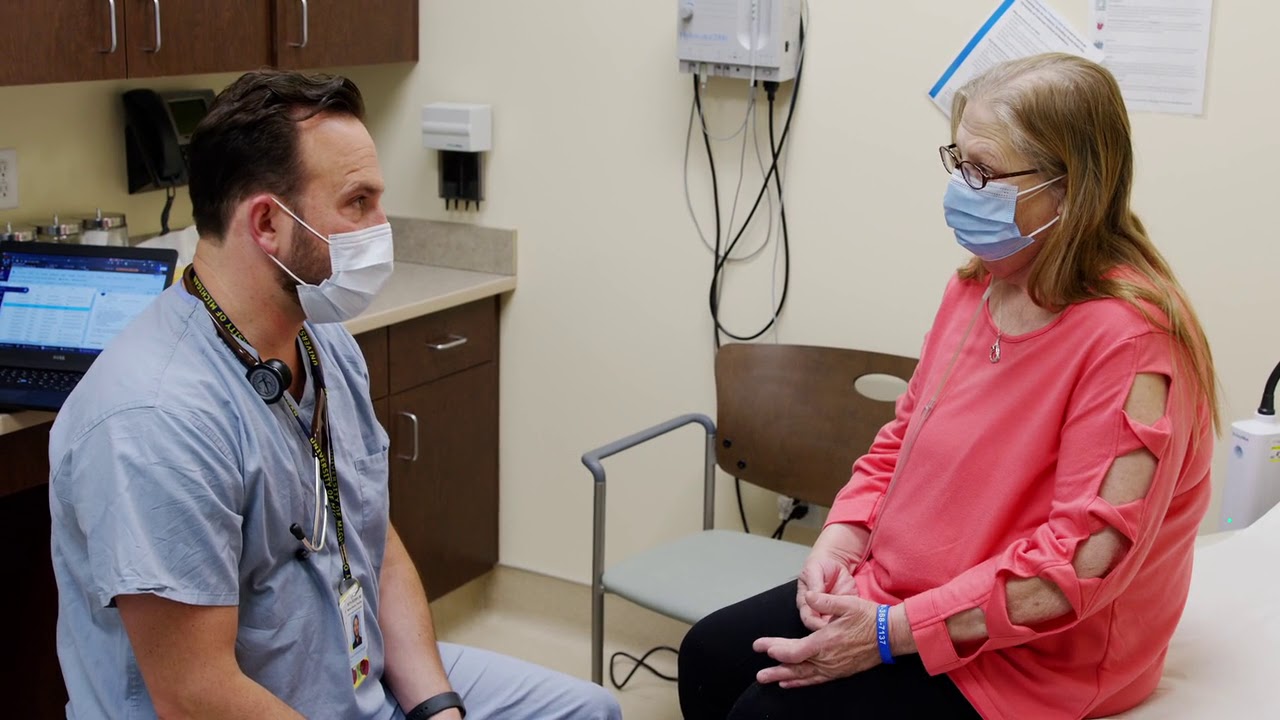
Coloradans like giving grades to officials. For example, in 1982, a massive blizzard closed down Denver for days. When asked how he’d grade the city’s snow removal effort, then-Mayor Bill McNichols ranked it an “A.” Others, including newspapers, preferred “F.” I’ve always been sympathetic to the Mayor, since this was one of the worst blizzards to hit the city ever. Be that as it may, the Mayor went down in defeat at the spring election.
You’d think we’d learn not to attempt this sort of challenge, but here I am ranking our country’s response to COVID. Why? Because thinking about the pandemic, certain elements stand out as especially good or bad.
Leading the pack is the medical research and development community whose reputation SOARED when they came up with vaccines in less than two years! And not just one, four or five or whatever. Do we realize how miraculous this is? The Black Death lingered for centuries, from about mid-1300s until mid-1700s, although it actually still exists but now can be cured. Small pox has been around since 350 BC and finally was thought eradicated in the1970s. Major polio epidemics were unknown before the 20th century, but were a terror throughout that century. I remember my parents prohibiting public pools because of polio’s threat. In addition, the medical people worked themselves to the bone for us and ours. Grade A++++
Amazing to me, some people, especially anti-vaxxers, seem to lack the most basic information about vaccinations and ignore the dangers to which they’re opening their children and themselves. So be it. No skin off my personal nose.
Next, businesses in general. While struggling to stay afloat, and sometimes sinking with their ships, the majority retained a nonjudgmental, supportive attitude toward the public. A number went the whole nine yards (alternately, the whole ball of wax) to support their employees and people in financial trouble with special services and goods. Chasing constantly changing government regulations, they performed well to continue their services. Grade: B
Then there are the government and nonprofit agencies large and small that struggled to do their best in the face of unknowns. While trying to evaluate the advice from “experts” of every type. Then interpret those for their staffs and the public, in the face of unknown financials, they kept their offices and agencies functioning. Grade: B-
What comes in at level of “C?” Probably the media, keeping in mind that their charge is to deliver whatever passes for news 24 hours a day. This leaves them in the unenviable position of having to create a new angle on tired information each and every day. With the dearth of gossip about celebs, they’ve been forced to focus on less interesting fodder, mostly about the pandemic.
At rock bottom—human behavior: A flat out F, for the entire population of the USA. Selfish, rude, annoying, All of us indulging in our favorite activity: busily judging one another, condemning friends, family and neighbors because they did or did not comply with whatever standard existed in each person’s individual opinion. I’ve seen adults scream at teens for walking in the park, customers in grocery stores malign the next person for daring to infringe on some nebulous barrier they thought would protect them, neighbors steal limited goods like milk and toilet paper because they feared to be left without. Vaxxers mock others for not getting shots. Antivaxxers mock in return for being robot rule-followers. Yes, if the future of the human race depended on our actions, we deserve no breaks. I hope at the next pandemic, we do better.

 “Housekeeping,” says the Odd Old Woman Next Door. “What a very strange term for the actions we perform around our home.”
“Housekeeping,” says the Odd Old Woman Next Door. “What a very strange term for the actions we perform around our home.”


 “Have you gotten an appointment for our COVID shots?” asked the Odd Old Man Next Door of his wife.
“Have you gotten an appointment for our COVID shots?” asked the Odd Old Man Next Door of his wife.